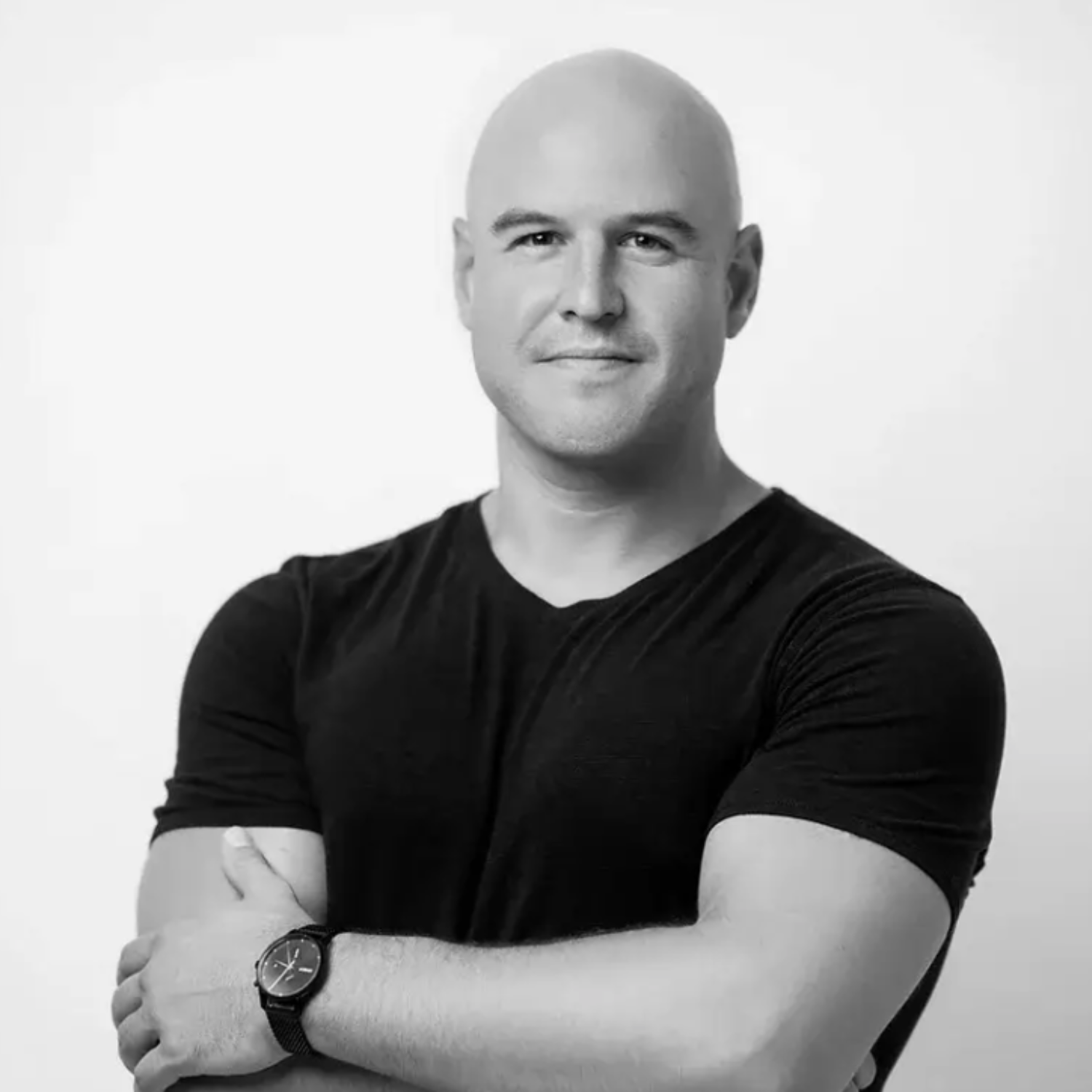 People ask me all the time what I think about the “stigma” of addiction. I always respond that I don’t think about it much at all.
People ask me all the time what I think about the “stigma” of addiction. I always respond that I don’t think about it much at all.
If I allowed myself to obsess about the perceptions of others, then I probably wouldn’t be fit and sober.
“Don’t you think something needs to be done to make life more fair to people in recovery?”
Life isn’t fair to anyone. It will never be fair to people in recovery!!
Struggling against all odds just makes victory that much sweeter.
That’s the honest truth.
Focus on Your Own Sphere of Influence
The quickest way to relapse is to care immensely about things you can’t change.
You can change your own responses and attitudes, causing positive mind shifts that alter your perceptions and your habits and the course of your life.
You can’t do anything about society’s aversion to a brain condition that often turns people into insane, selfish derelicts. Social attitudes (and laws) evolve to deter people from doing harmful things, not to render universal cosmic justice.
I’ve always admired AA’s serenity prayer for its succinct distillation of this simple truth: Focus on the things that you can change. Focus on your own sphere of influence and it will expand over time.
(For more on the concept of sphere of influence, see one of the first books I read in recovery: The 7 Habits of Highly Effective People. I don’t agree with everything in this book but it contains a few pearls of wisdom.)
I’ve been to hell and back and I feel great these days. I’m on a mission to help other people reach the light at the end of the tunnel. I’m expanding my sphere of influence, slowly but surely, every time I write or tweet.
But I’m certainly NOT on a mission to change all of society’s misperceptions.
The Two Kinds of Addicts
It’s important to understand that there’s a spectrum of so-called addicts. There are types of people in recovery who share very few personality traits with each other.
Once you grasp this, you’ll see why the “stigma” is never going away.
I’m going to share two examples of addicts I’ve come across who represent opposite ends of this spectrum.
Addict Type 1
I know an 18 year old kid who’d been prescribed pain pills for a sports injury. Throughout high school he’d been a talented football player and a smart student. When his pain pills ran out, he experienced excruciating withdrawals that he hid from his family.
After days of unbearable pain and depression, he turned to heroin. He intended to end the withdrawals and then taper off of it. Several months later he overdosed and ended up in rehab, to the shame of his family.
This type of addict is what we think of when we refer to addiction as a brain disease. And in cases like this, of course it is a brain disease!!
Merriam Webster defines “disease” as follows: “A condition of the living animal or plant body or of one of its parts that impairs normal functioning and is typically manifested by distinguishing signs and symptoms.”
Check, check, and check.
Addiction is a mis-wiring of the brain caused by a complicated mixture of innate brain predisposition and environmental factors.
In this kid’s case, it’s very likely that:
- He was predisposed to opiate addiction for complex genetic/prenatal/biochemical reasons.
- He was guaranteed pain and misery as soon as he crossed an invisible line, which existed somewhere in the range of pills that his doctor prescribed.
This type of addict also includes people who become hooked on alcohol while drinking with the same frequency as their non-alcoholic peers. These people are never 50 year olds who have been drinking their whole lives. They’re often in college and they have a brain disease that will ruin their lives or kill them if it’s not addressed.
“Addict” Type 2
I was in rehab with a very wealthy guy who’d just finished a 10-year stint in his bedroom, smoking weed and drinking beers while his wife worked at a hedge fund.
He had no idea what a “withdrawal” was and he didn’t take any meds upon arrival. He simply didn’t seem to care about life very much. It was pretty clear that his wife had sent him to rehab to get him out of the house.
He wasn’t an “addict” by any rigorous definition of the term. He had a frighteningly common affliction and it’s called being a loser. This guy had that bug pretty badly. If that sounds harsh, consider that he could have changed it in an instant, at any time, if he had merely discovered his inner fire.
“Responsible” means “response-able.” This guy had kids and all they saw was a bum upstairs who occasionally came down for pizza. Any change from what he’d been doing would have been inspiring by comparison to his sloth. He was totally able to do things and simply refused. He was not necessarily impaired by a brain condition. All he had to do was find a raison d’être!!
No one is beyond redemption. But people who think it’s mean to call someone a loser when they ARE a loser are more concerned with nonexistent cosmic fairness, or surface-level sensitivity, than with real life.
This guy’s wife called him all sorts of names that he’d justifiably earned. But it was clear that she wanted him to get better.
The happy news: From what I can tell, he finally used his kids as motivation – as his life’s purpose – and got his life together. He was the first to admit that he’d been a sore loser for a long time and he honestly addressed all the reasons that he wasted a decade of his life.
Here’s the complex twist: If he had kept at it for long enough, he might have mis-wired his brain severely enough over time to fall into the Addict Type 1 category. He would have required meds to detox and his recovery would have been more painful. Yet in a sense, it still would have been his fault – much more so than our Addict Type 1 example.
I want to emphasize that Fit Recovery welcomes people who fall into EITHER of these two categories. It’s never too late to change your life, whether you’re very sick or just lacking in motivation!!
Use “Stigma” As Motivation
It’s clear that stigma exists because many people, drawing from their experiences with bums under bridges and family members who fall into the Addict Type 2 category, think that all recovering addicts are losers.
It’s not always easy to distinguish between great people battling a legitimate brain disease and lazy people who abuse substances.
If you’re the addict in question, this isn’t a reason to despair. It’s all the more reason to get fired up and beat addiction.
When I quit drinking to save my life, the company I worked for fired me. People around me said this was a classic case of stigma against addicted people, as if we were some kind of misunderstood minority like blacks or gays.
The truth is, it’s not illogical to lose faith in people who either 1) have a brain disease that attacks free will and results in relapse 90% of the time or 2) don’t have the willpower to get their act together.
One of the reasons I stayed on track was my unwillingness to join the ranks of people who simply don’t have their shit together, and who never will, because of who they are. I didn’t want to be perceived that way by my close family members and close friends.
But I really didn’t care what my former colleagues thought.
My only thought about getting fired was: “I’ll find my own path to achievement and fulfillment.”
You are who you are.
If you’ve been living as someone who you are NOT, then now is the time to figure out what you’re really made of. Now is the time to figure out who you really are.
Not tomorrow. Tomorrow will always be there, which is why it never comes.
When life hands you lemons, what do you do? You squeeze out the juice and use it as fuel for your workouts.
You make yourself bigger in every way than people who doubt what you’re made of.
You make yourself too big to notice their ignorant criticisms.
And when you make it to the end of the tunnel, you can just laugh or you can throw those sour projectiles at haters who said you’d never make it.
Author
-
A decade+ addiction-free, Chris Scott, the visionary founder of Fit Recovery, passionately guides Fit Recovery 2.0 Members toward a vibrant, healthier lifestyle. Through the integration of groundbreaking nutritional strategies, transformative reframing techniques, neurolinguistic programming, and dynamic pro-recovery habit systems, he inspires individuals to boldly take charge of their lives and break free from alcohol. Chris is celebrated as a Professional Member of the Alliance For Addiction Solutions. Moreover, he is the proud author of the bestselling book "Drinking Sucks!" which stands as a vital beacon of hope for those yearning to quit drinking. Additionally, he created the celebrated online program Fit Recovery 2.0, designed to provide unwavering support for individuals embarking on their recovery journey.
View all posts Fit Recovery Founder & Director






